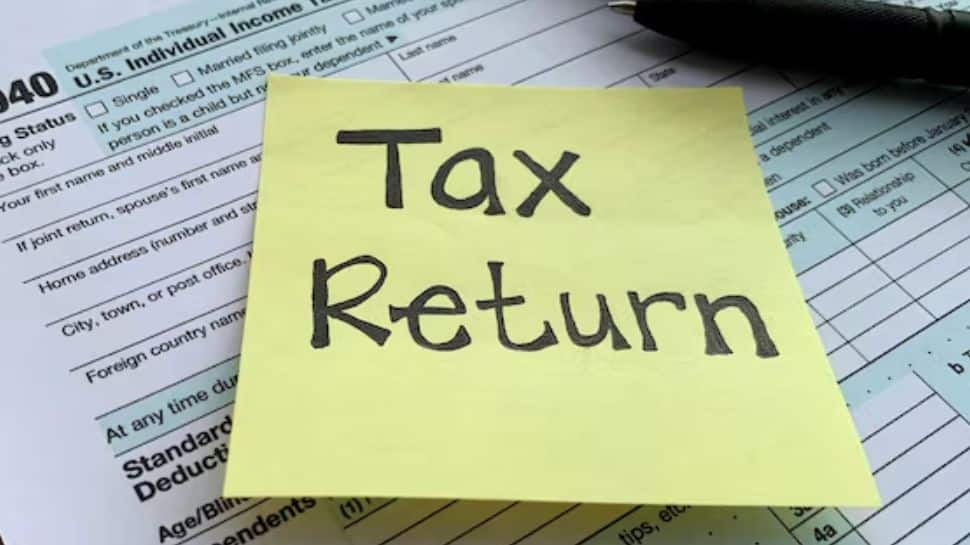New Delhi: Many taxpayers rush through filing their returns and small mistakes can easily slip in. Common errors include wrong bank details, incorrect income declarations, missed deductions, or not reporting interest on savings and fixed deposits. These mistakes can not only delay your tax refund but may also trigger notices from the tax department. So, it’s important to double-check your return before submission.
How to Correct Mistakes: Filing a Revised Return
The Income Tax Department allows taxpayers to fix errors in their returns by filing a revised return. Under Section 139(5) of the Income Tax Act, you can submit a revised return if you notice any mistakes or discrepancies in your original filing. Keep in mind that the revised return completely replaces the previous one, so it’s important to double-check all details carefully before submitting.(Also Read: Accenture layoffs: 11,000 Jobs Cut Due To…., Company Says THIS– Details Here)
Deadline and Tips for Filing a Revised Return
For Assessment Year 2025–26, taxpayers can file a revised return until December 31, 2025, or later if the government announces an extension. This provides ample time to carefully review your original filing and correct any errors. It’s better to file early, especially if you are expecting a refund, as processing tends to take longer as the deadline approaches.
Step-by-Step Guide to Filing a Revised Return
Filing a revised return is simple and can be done online by following these steps:
– Log in to the Income Tax e-filing portal.
– Select the option to file an Income Tax Return (ITR).
– Choose the same ITR form used earlier and mark it as a “Revised Return” under Section 139(5).
– Enter the acknowledgement number and date of your original ITR.
– Make the necessary corrections and submit the revised return.
Key Points to Keep in Mind While Revising
– Double-check income, deductions, and exemptions before submitting the revised return.
– Ensure consistency between your Form 26AS, Annual Information Statement (AIS), and ITR.
– Multiple revisions are allowed, but aim to get it right the first time to avoid confusion.
– Accurate filing helps prevent delays in processing and receiving refunds.
How Much is the Penalty for Filing ITR Late?
If you file your income tax return after the due date, you’ll need to pay a late filing fee under Section 234F. For most taxpayers, the fee is Rs 5,000, but if your total income is up to Rs 5 lakh, the fee is reduced to Rs 1,000. (Also Read: Big Update On EPFO 3.0: ATM Withdrawal Facility Likely Delayed Till 2026– Check Details)


